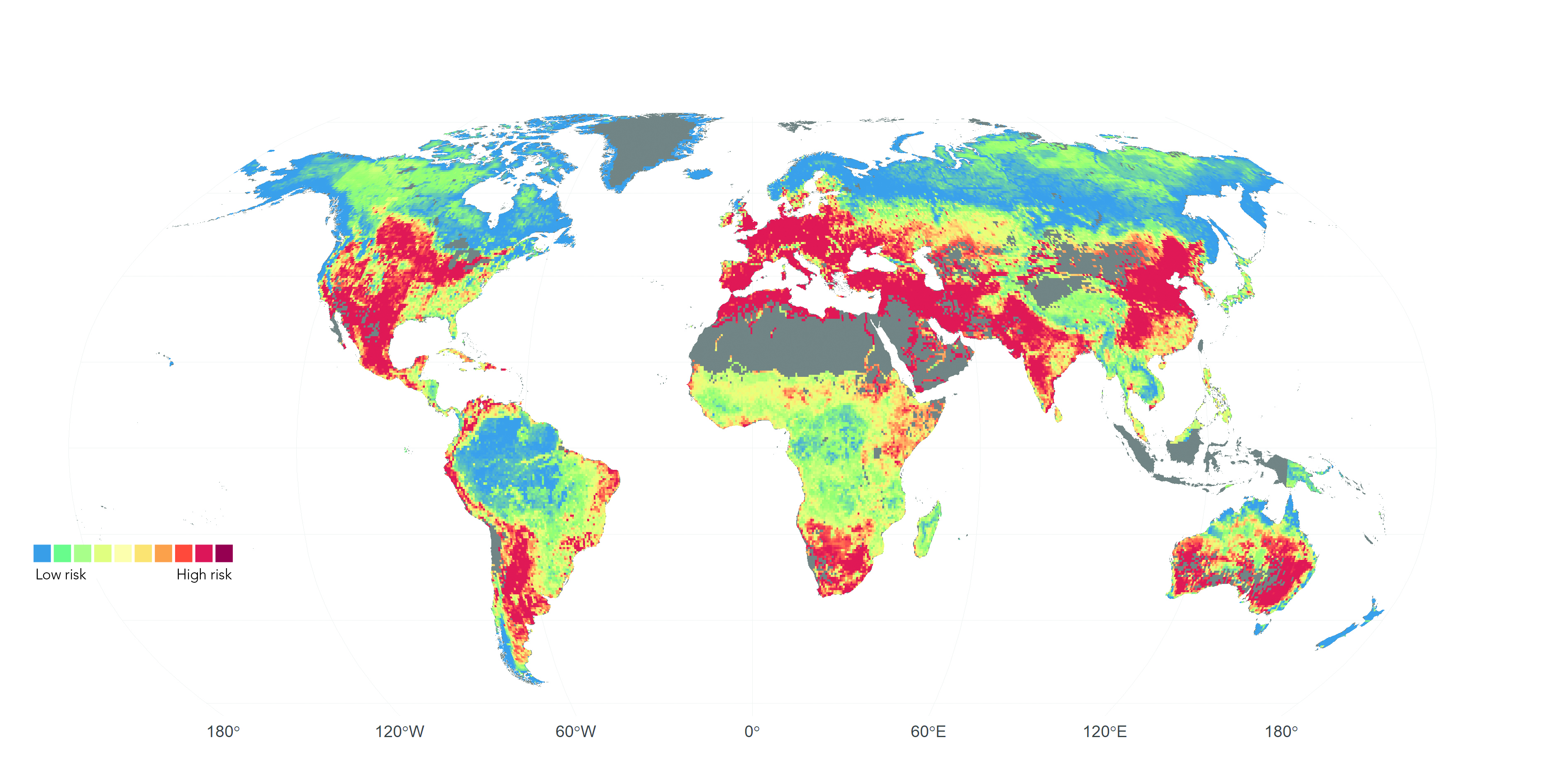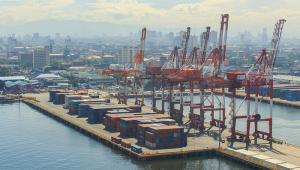Using new data and methods, researchers found a combination of bacteria, sewage, chemicals and plastics can make water poisonous by sucking oxygen out of it.
When ‘biological oxygen demand’, a measure often used as a proxy for overall water quality, crosses a certain threshold, gross domestic product growth in downstream regions drops by up to a third, the bank said in a report released yesterday.
Ecosystems are wrecked, and human health, agriculture and industry suffer.
worldbankmap_of_pollution.jpg

Water quality risk for biological oxygen demand, nitrogen, and electrical conductivity (source: The World Bank)
Group president David Malpass said: “Clean water is a key factor for economic growth.
“Deteriorating water quality is stalling economic growth, worsening health conditions, reducing food production, and exacerbating poverty in many countries.
“Their governments must take urgent actions to help tackle water pollution so that countries can grow faster in equitable and environmentally sustainable ways.”
One of the main contributors to poor water quality is nitrogen, which enters rivers after being used in fertiliser and can stunt children’s growth and brain development.
Another is salt: every year the world loses enough food to saline water to feed 170 million people.
The World Bank has recommended that countries take actions such as enforcing anti-pollution rules, improving water treatment infrastructure and strengthening environmental policies and standards.













